
Prof. Stefan White
Co-Director, ARO. Director, [IC]lab. Manchester School of Architecture

Co-Director, ARO. Director, [IC]lab. Manchester School of Architecture

Co-Director, ARO. Director, [CPU]lab. Manchester School of Architecture

ComplexUrban spans four international research networks and multiple institutions to advance transdisciplinary architectural and urban research by merging social, environmental, and design sciences through the lens of complexity theory, synthesising computational design, artificial intelligence, and complexity-based methodologies.
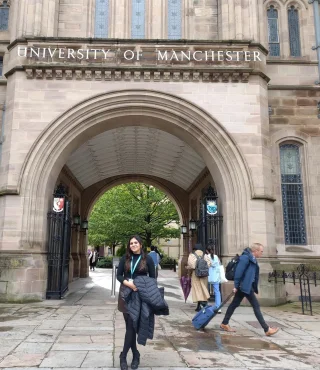
Doctoral Researcher at University of Manchester
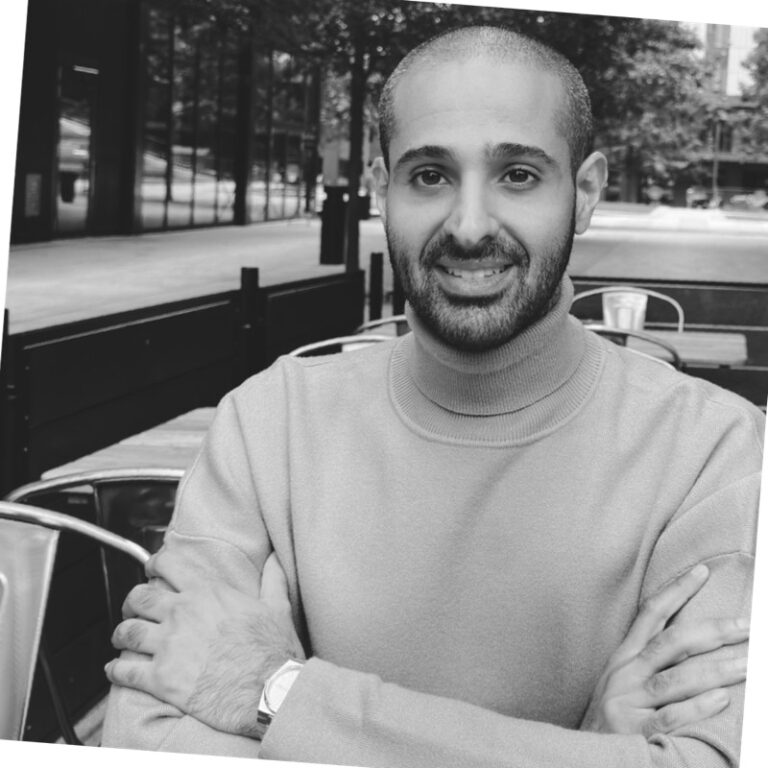
Doctoral Researcher at Manchester Metropolitan University

Doctoral Researcher at Manchester Metropolitan University

Doctoral Researcher at Manchester Metropolitan University
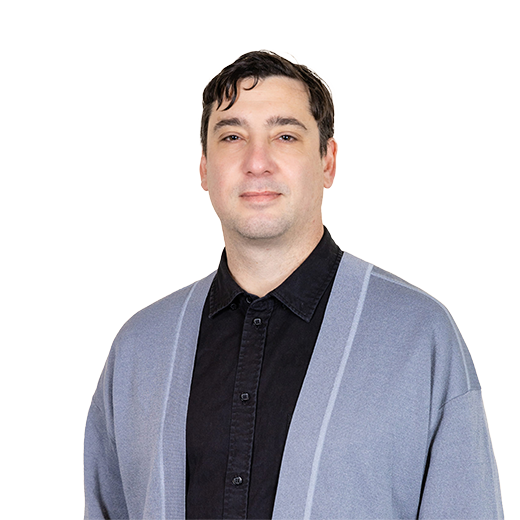
Senior Lecturer at the Manchester School of Architecture, design studio lead of MA of Architecture and Urbanism
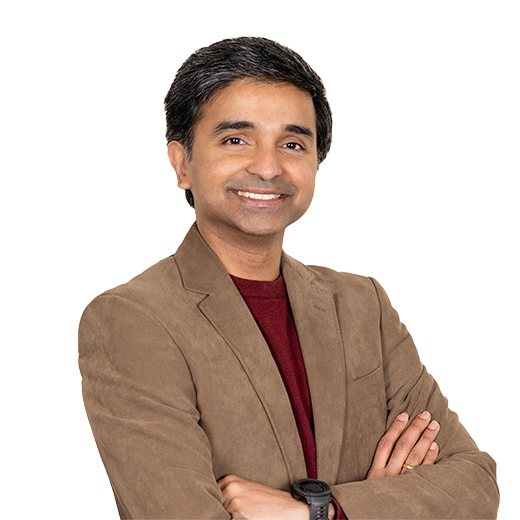
Lecturer in Landscape Architecture, Manchester Metropolitan University

Madrid-based chartered architect and Lecturer at the Manchester School of Architecture
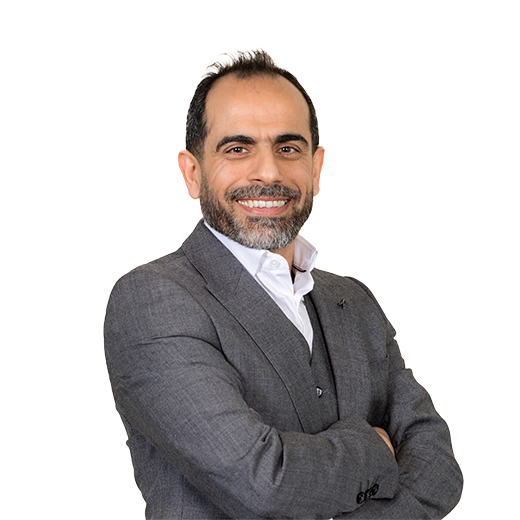
Lecturer in Architecture and Urbanism at the Manchester School of Architecture
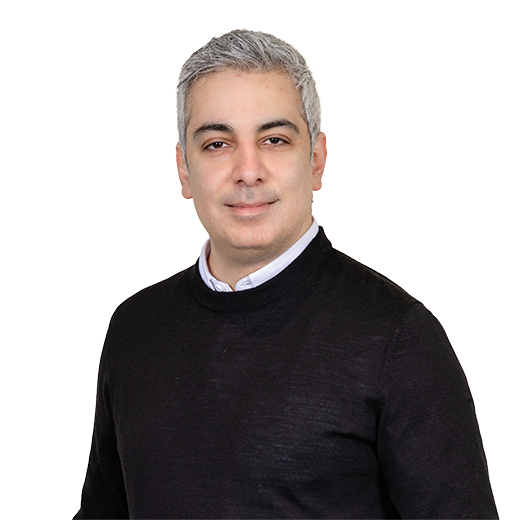
Senior Lecturer in Architecture (Inscriptive Practices & Future Processes) at the Manchester School of Architecture (MSA)

Lecturer and core member of the Complexity, Planning and Urbanism [CPU]lab

Lecturer in Architecture at Manchester Metropolitan University

Senior Lecturer in Professional Studies and Professional Skills Lead Manchester Metropolitan University, UK

Senior Lecturer in Architecture at Manchester School of Architecture

Senior Lecturer and Deputy Research Lead, Manchester School of Architecture, Manchester Metropolitan University, UK
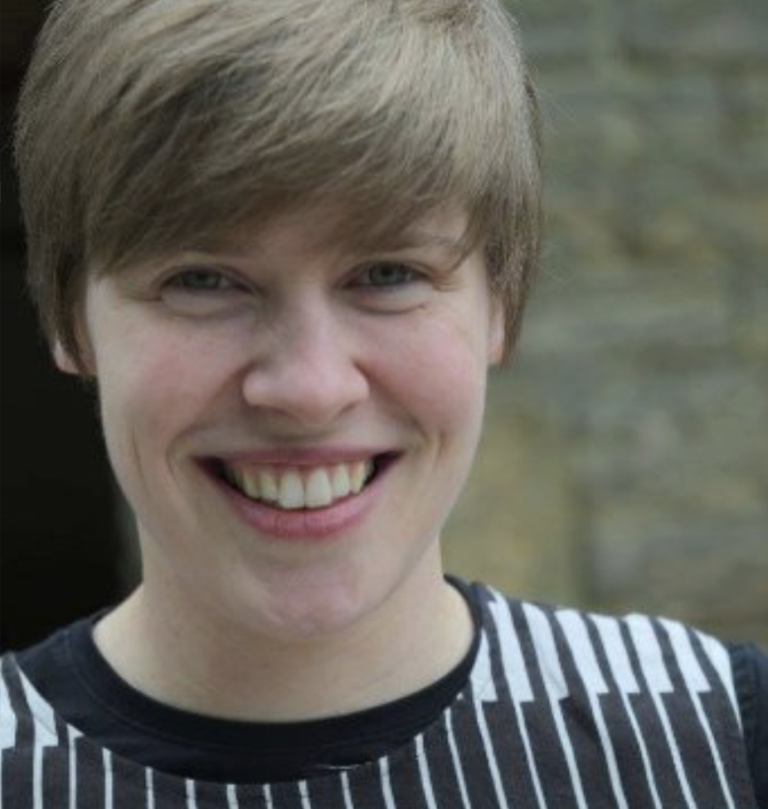
Architect/ Senior Lecturer in Architecture at the Manchester School of Architecture Manchester Metropolitan University, UK

Lecturer in Architecture at the Department of Arts and Humanities, Manchester Metropolitan University, UK
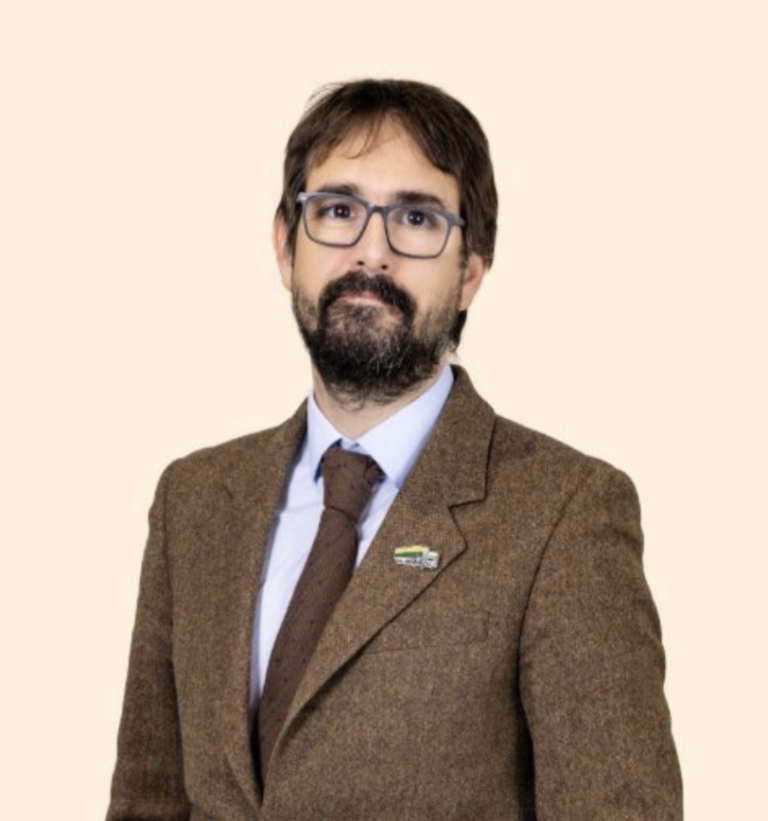
Senior Lecturer in Architecture at Manchester School of Architecture, leading the Infrastructure Space Atelier
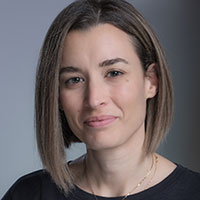
Lecturer in Architectural Humanities, Manchester School of Architecture
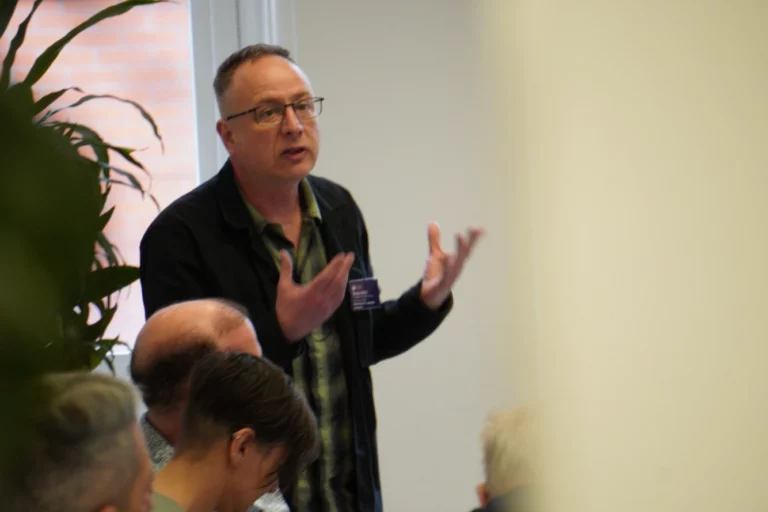
University’s age-friendly research showcased to international policymakers, practitioners and researchers…

Doctoral Researcher at Manchester Metropolitan University

Senior Lecturer at Manchester School of Architecture

Senior Lecturer at Manchester School of Architecture

Professor of Architecture and Urban studies at University of Manchester. Leads the Urban Studies Lab.

Professor of Design at Manchester School of Art, Manchester Metropolitan University, UK

Professor of Muscle Physiology at the Department of Life Sciences, Manchester Metropolitan University, UK

Professor of Musculoskeletal Frailty and Rehabilitation at the Department of Sport and Exercise Sciences, Manchester Metropolitan University, UK
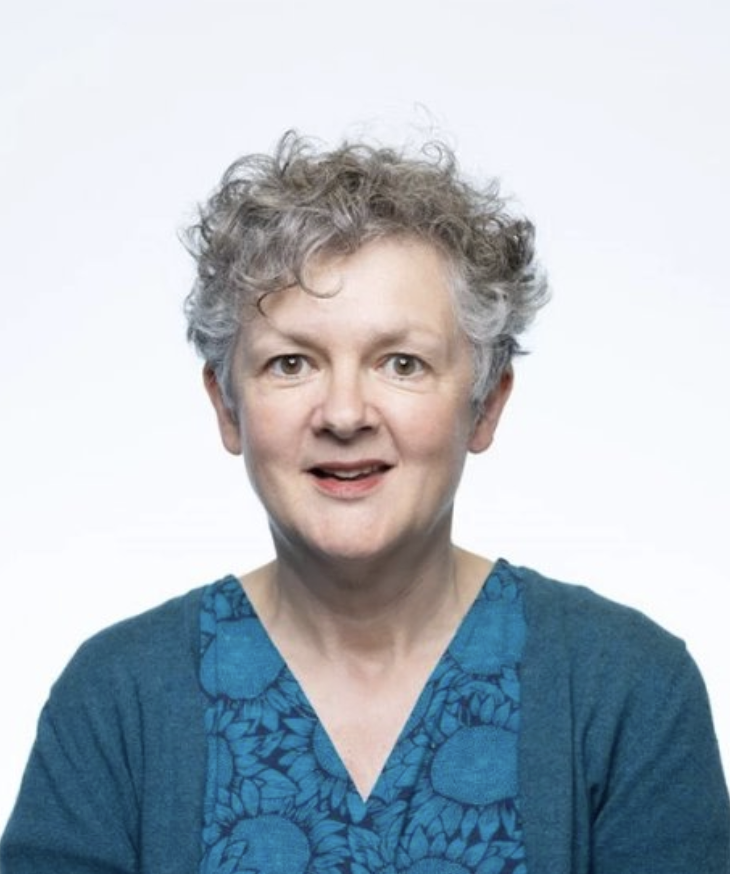
Professor of Human Resource Management, Business School, Manchester Metropolitan University, UK

Senior Lecturer at the Department of Social Care and Social Work, Manchester Metropolitan University, UK
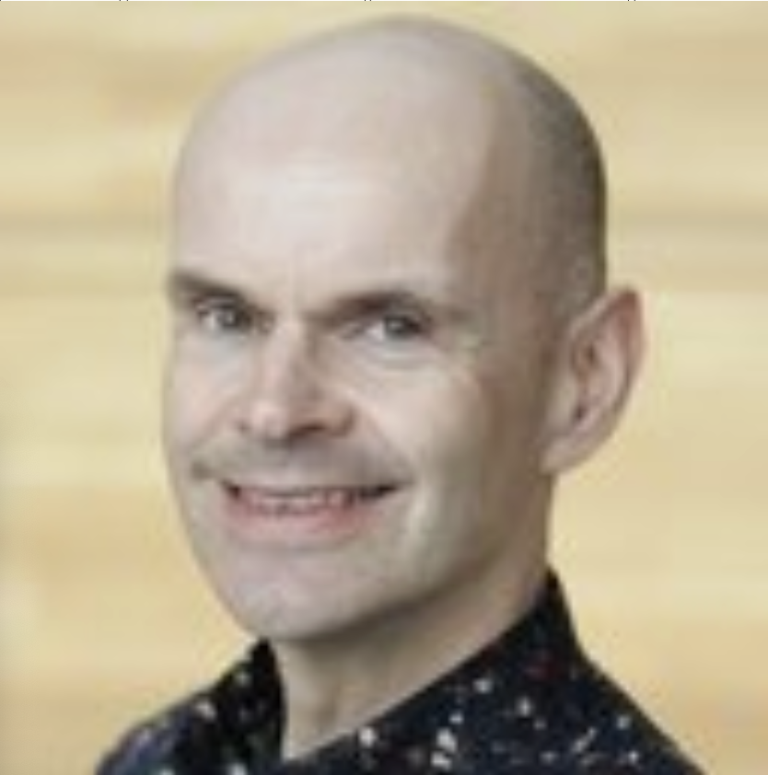
Senior Lecturer in Social Work at the Department of Social Care and Social Work, Manchester Metropolitan University, UK

Professor in Applied Cognitive Psychology at the Department of Psychology, Manchester Metropolitan University, UK

Senior Lecturer in Physiology at the Department of Life Sciences, Manchester Metropolitan University, UK

Senior Lecturer in Exercise Physiology at the Department of Sport and Exercise Sciences, Manchester Metropolitan University, UK
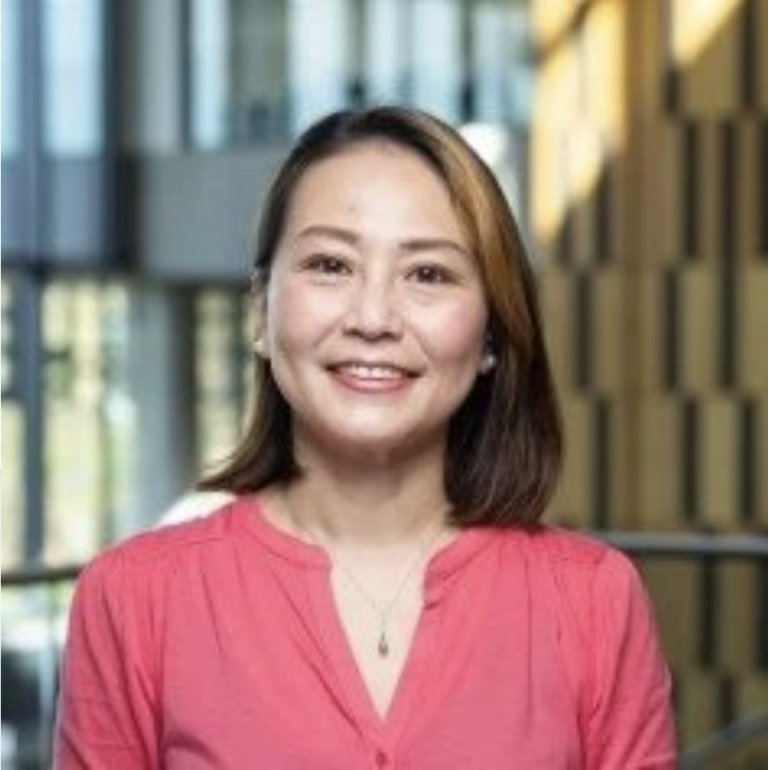
Senior Lecturer in Integrated Health and Social Care at the Department of Social Care and Social Work, Manchester Metropolitan University, UK

Senior Lecturer at the Department of Psychology, Manchester Metropolitan University, UK

Reader in Musculoskeletal Physiology at the Department of Life Sciences, Manchester Metropolitan University, UK

SusInfra is a research programme comprising a portfolio of interrelated…

CoFUTURES is an international group working on Global Futures with its sphere of activities scattered across various communities, research groups and networks around the world. CoFUTURES is active in different sectors including academic research, technology research, policy, and the arts. It also provides support for transmedial artistic work including fiction, films, and games.
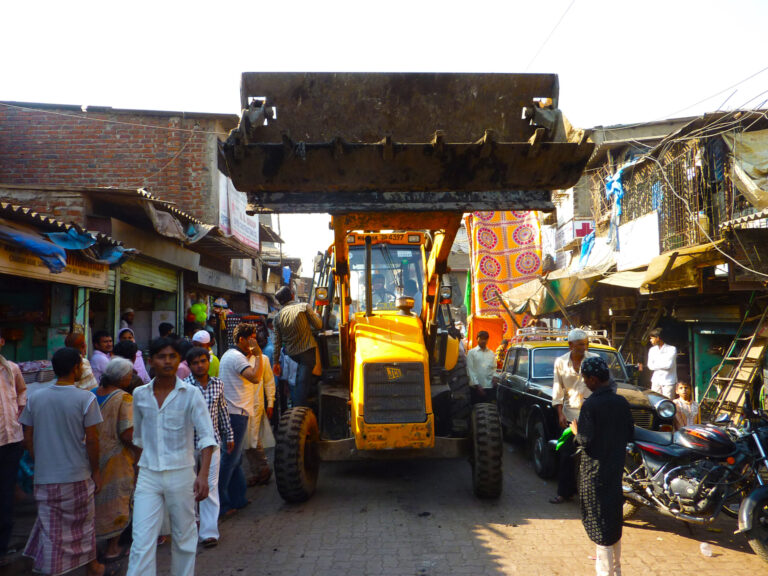
ComplexSouth critically engages with North-South research and researcher dynamics in the context of decolonial scholarship in urban transformations across the Global South.
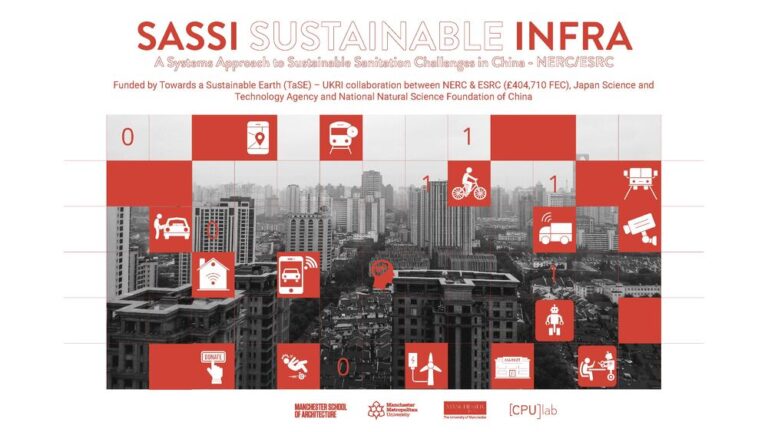
The overall aim of this interdisciplinary project is to enhance our understanding of the complex human-environment interactions in sanitation systems and their sustainability outcomes in rapidly developing countries. This can contribute knowledge and best practices to improve human well-being, which is the overall focus of the Sustainable Development agenda.
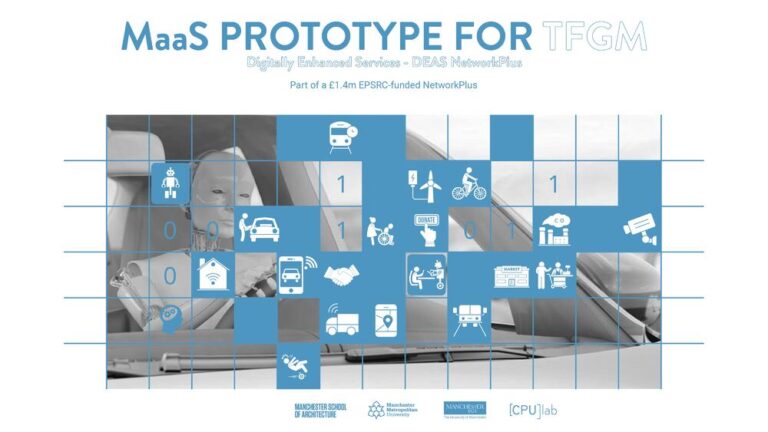
This project developed a DEAS focused prototype model for Mobility-as-a-Service (MaaS) integration in Greater Manchester (GM).
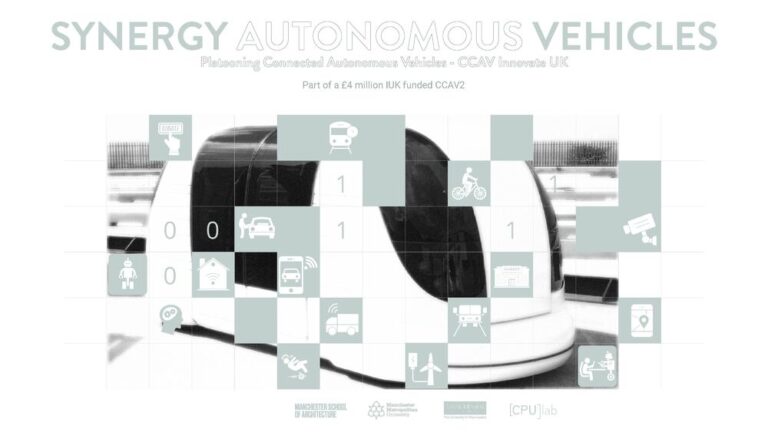
The aim of this project is to further develop innovative technologies for connected autonomous vehicles to accelerate adoption of driverless vehicles and allied technologies in the UK. This project will introduce innovative technologies to operate connected autonomous cars in a platoon formation from Stockport directly to the arrivals terminal at Manchester Airport.

DACAS is an ESRC funded Strategic Network.
It was part of the Urban Transformations (UT) program coordinated between 2015 and 2020 by Professor Michael Keith from the University of Oxford, showcasing research on cities. The UT portfolio included over 120 research projects that engaged with the challenges and opportunities of an increasingly urban world.

2012-25From Old Moat to the Ageing in Place PathfinderSpatial action…

This project explored the use of data analysis and representation to understand the spatial implications of structural discrimination across Stockport Borough.

This chapter explores how contemporary process philosophy enables construction of design epistemologies and practices better able produce, ‘a plausible connection between architecture and the social’ (Rem Koolhas).

This chapter sets out key theoretical findings of research into spatial inclusion, articulating philosophical aspects of a Spinoza inspired – ‘expressionist’ - design and research methodology.

This chapter brings to an international audience the underpinning theoretical and methodological approaches to the design and implementation of whole system place-based public health interventions across the life course.

Collected alongside world-leading disability scholars Rob Imrie and Jos Boys, this chapter sets out the key theoretical basis of research into a ‘capability’ model of spatial inclusion that underpins cutting-edge Age Friendly Neighbourhood community-engaged design-research, which in turn contributed to Greater Manchester becoming Europe’s first Age Friendly City Region.

The Ageing in Place Pathfinder is a complex whole system public health intervention focussed on the role of place across the life course with an emphasis on later life.

Creating Age-Friendly Developments is a guide for developers, designers and policymakers setting out 62 considerations for ensuring new residential developments and urban regeneration initiatives can better serve the needs and aspirations of older people.

This public facing report curated by Dr Hammond sets out co-produced guidance informed by the DfL Ageing in place Research programme. It extends the Design for Life Manifesto for urban ageing into specific supplementary planning guidance for new developments in Greater Manchester.

This project was commissioned by the Centre for Ageing Better to extend the understanding of how to close the Rightsizing gap that we had theorised and identified in the earlier Rightsizing: reframing the housing offer for older people report.

The rightsizing project responded to the observation that a potentially very large number of older people were living in unsuitable accommodation for later life or had an expressed preference to move home but very few (<4%) every year did actually move house and of those less than half moved into smaller properties i.e it is incorrect to assume that older people seek to ‘downsize’.

The Manchester Age Friendly Neighbourhoods project explored the systematic implementation of the Old Moat Age Friendly Neighbourhood prototype for co-produced place-based urban planning for health across the life course through creating 5 resident led multi-stakeholder age friendly partnerships in deprived wards across Manchester City.

This project was commissioned by Manchester City Council to explore how the Manchester city centre operates as a place to live for older people, investigating what ‘neighbourhoods’ exist and what they are like.

The Cheetham Hill Urban Living Lab built on the Old Moat project by exploring the application of the WHO AFCC guidance to a district centre situation with a focus round community cohesion and healthy living.

The Old Moat project created a unique implementation of the World Health Organisation Age Friendly Cities and Communities guidance in a specific neighbourhood, employing an advanced co-production methodology addressing the WHO principle of ‘Active Ageing’.

Connected Autonomous Vehicles (CAVs), to explore their potentials, pitfalls, government policies, current projects and research

UK-Brazil Link workshop informing decision-making processes through transdisciplinary activities

It will define and advance a systems approach for sustainability and sanitation

SynchroniCity will create a harmonised market place for IoT enabled and urban data services.

The CPU Lab in the Government Office for Science Foresight group on their Future of Cities blog.

Ulysses Sengupta and Rob Hyde discussing Smart Cities in an article in The Guardian.

Urgent and complex challenges are frequently addressed as if they were merely visual design issues.

Keynote presentation and resultant case studies from the 2016 Joint DACAS ICTP-SAIFR Workshop.

Summary Smart city approaches promise technology-based opportunities to build sustainable…

An examination of the impact of smart cities on communities, data collection, and citizenship.

Implications of the emergence of Complexity Theories of Cities (CTC)

It is in cities that solutions must be invented to solve the problems of sustainable development..

Brochure for the DACAS Summer School at the Manchester School of Architecture

This presentation will elaborate the view that cities as complex systems are typified by co-evolutionary behaviour and organization.

Data and Cities as Complex Adaptive Systems (DACAS) is an ESRC funded network

This project developed a DEAS focused prototype model for Mobility-as-a-Service (MaaS) integration in Greater Manchester.

SASSI will define and advance a systems approach for sanitation in rapidly developing countries

Development of a CAV digital simulation model for Manchester Airport

Testing better services through IoT